Who Does Science and Technology Policy?
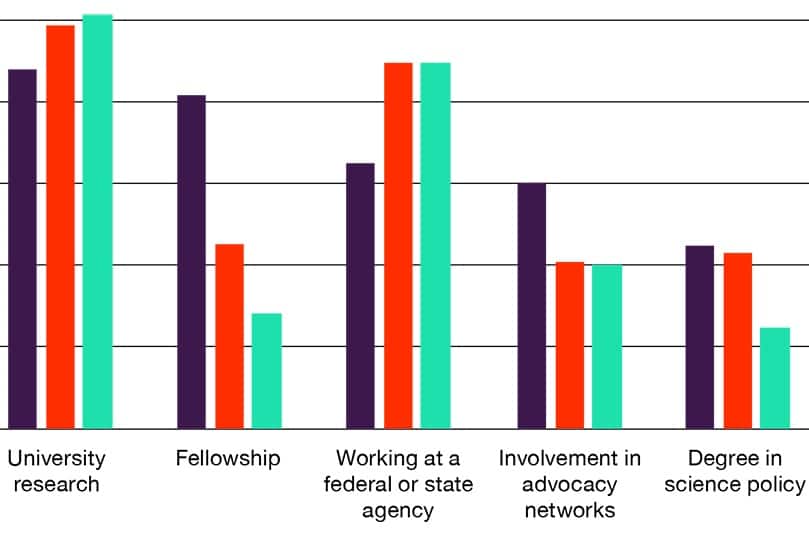
Send us a link

While peer review has long been perceived as the cornerstone of self-governance in science, researchers have expressed distrust in the peer review procedures of funding agencies.
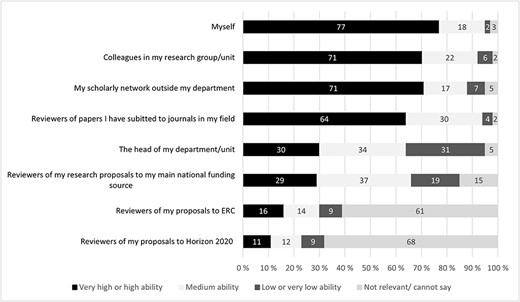
The world has changed a lot since our last global survey of PhD students in 2019. This year's survey includes master's students for the first time.
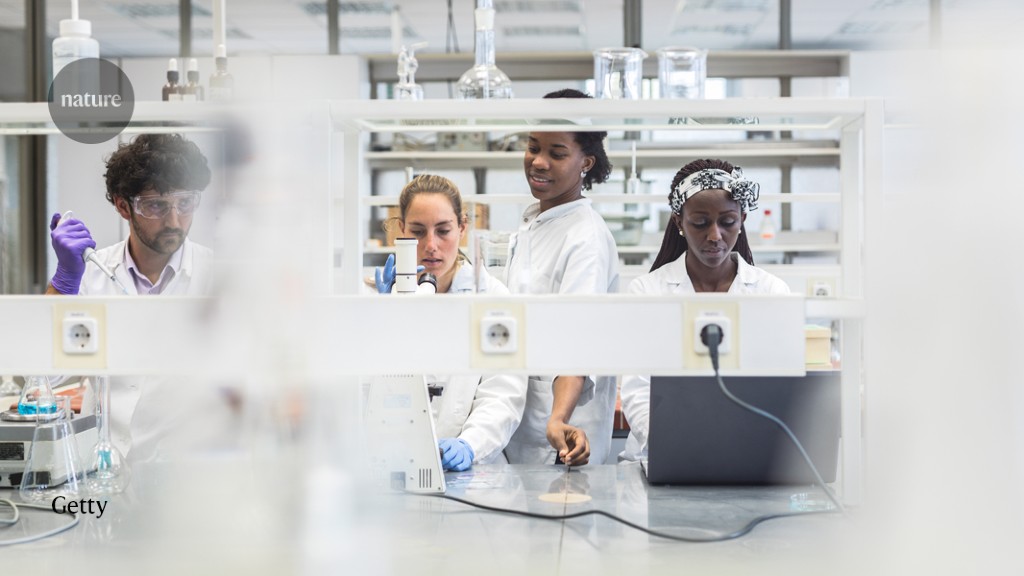
Fewer than half of respondents to Nature's 2021 salary and satisfaction survey feel positive about their prospects.
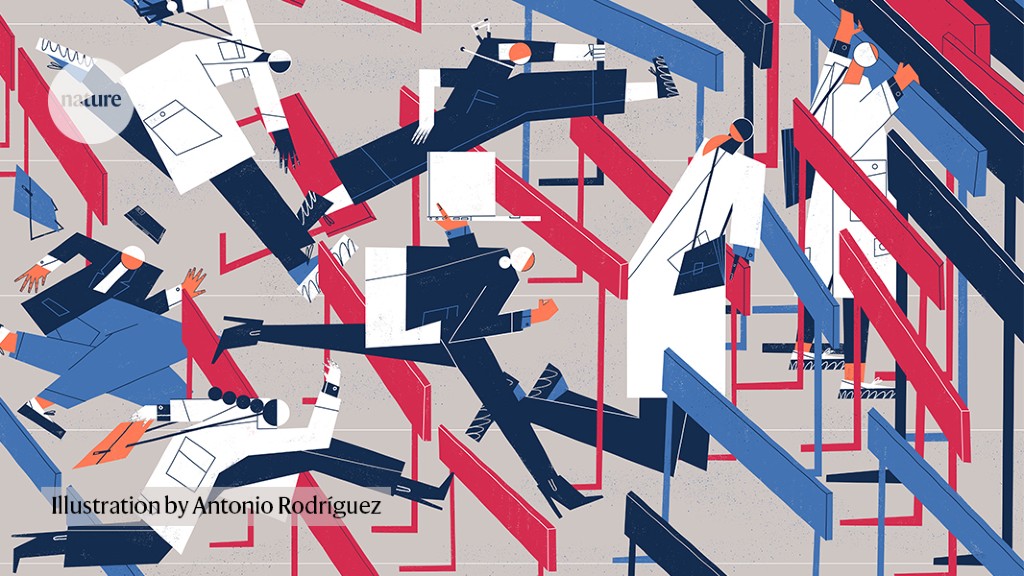
Nature's in-depth study of scientists' troubles and triumphs will help us to identify and address barriers to research careers.
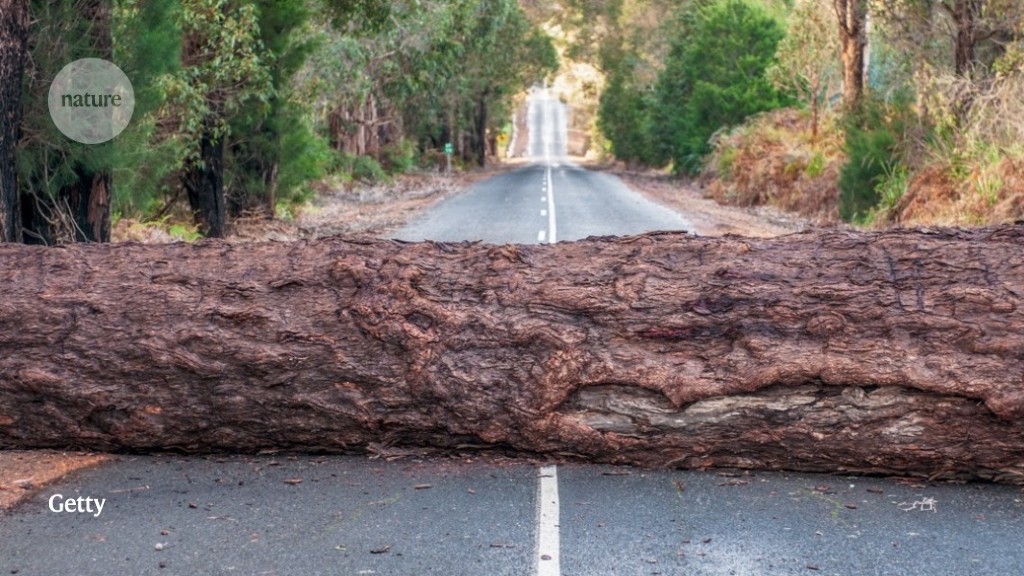
The Horizon 2020 project EOSC Enhance is launching an open survey targeting the entire EOSC community, to look more closely at individuals who create EOSC, understand who they are, where they come from and, most importantly, what they need in their everyday (research) activities.
Nature is polling readers about the move to online meetings during the COVID pandemic.

Mother in Science is launching the first global survey to measure the impact of having children on career progression, scientific productivity and career choices of women in STEMM, and to identify the specific motherhood-related factors driving gender imbalance in STEMM employment.

We want to hear how researchers and students are managing the start of term.

In collaboration with SPARC Europe, a survey to map Open Access (OA) and Open Science (OS) infrastructure across Europe was launched. The aim is to establish a core understanding of Europe's current field of Open resources and gain insight into their usage, durability, and adherence to core open principles and standards.
To deepen understanding of researchers’ priorities with regards to sharing research data, PLOS has launched a new study.
In the context of pressing planetary and socio-economic challenges, sustainable and innovative solutions must be supported by an efficient, transparent and vibrant scientific effort - not only stemming from the scientific community, but from the whole society. Go directly to the questionnaire.
OPERAS runs a survey to find out more about social sciences and humanities (SSH) scholarly communication.

To help us better understand and meet the needs of our current and future users, we invite you to complete this survey of what you know about ORCID, whether - and if so, how - you currently use ORCID and your experiences of doing so, what’s working and what isn’t, and more.

The postdoctoral community is an essential component of the academic and scientific workforce, but a lack of data about this community has made it difficult to develop policies to address concerns about salaries, working conditions, diversity and career development, and to evaluate the impact of existing policies. A recent study aims to address this gap.
The Global State of Peer Review is one of the largest ever studies into the practice of scholarly peer review around the world focusing on four questions: 1. Who is doing the review? 2. How efficient is the peer review process? 3. What do we know about peer review quality? 4. What does the future hold?
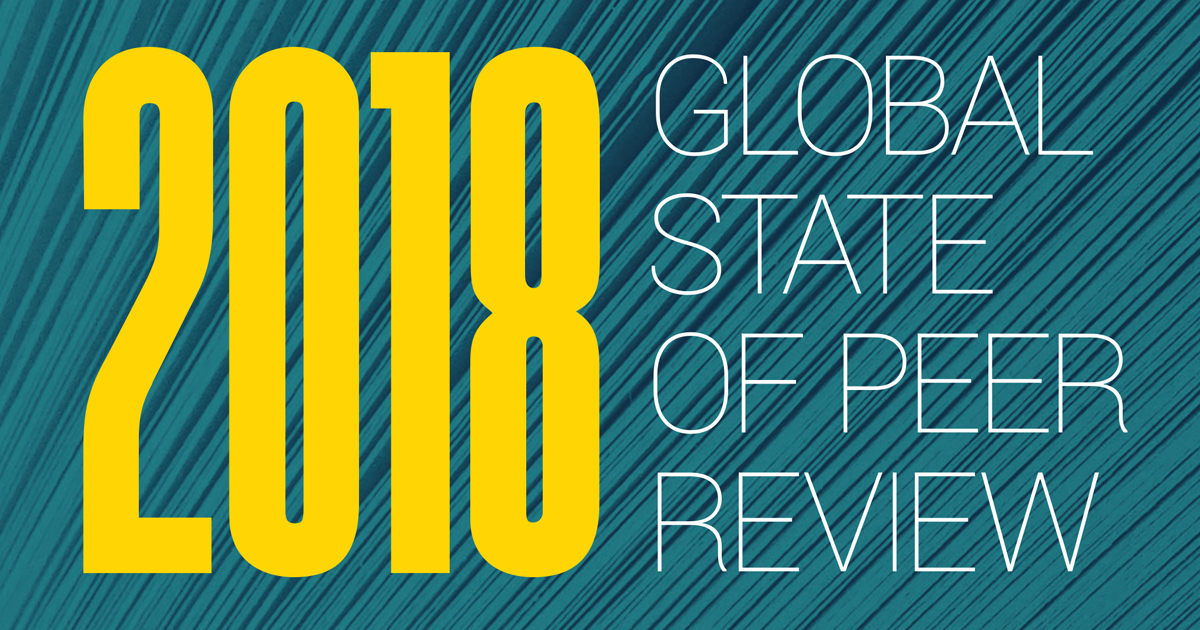
Scientists in emerging economies respond fastest to peer review invitations but are invited least.
Provided that adequate security safeguards were in place, most participants were willing to share their data for a wide range of uses.
European Commission data and case studies covering access to scientific publications. Bibliometric data as well as well as data on the policies of journals and funders are available.
